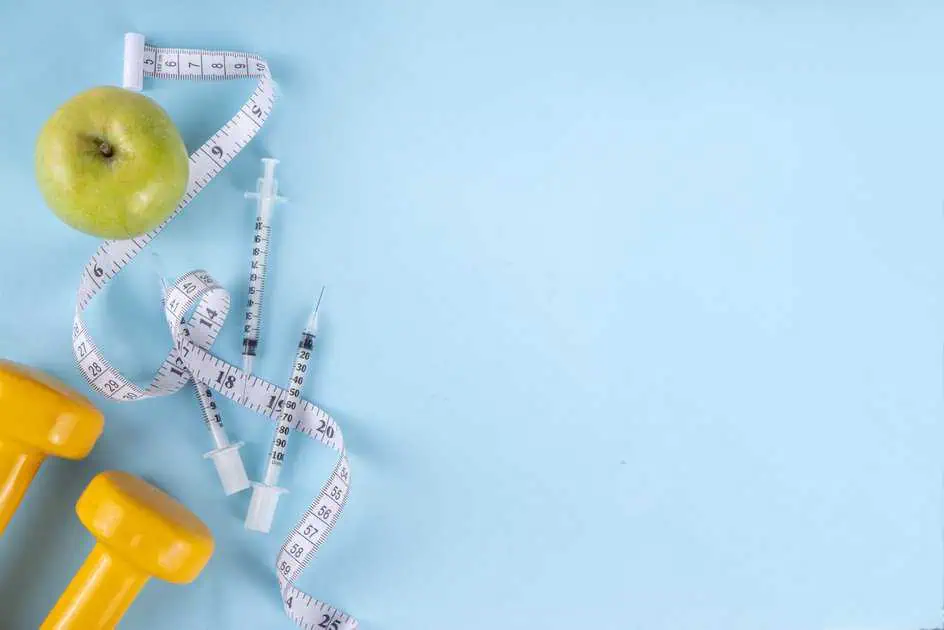- Carbohydrate Management: Pay attention to your carbohydrate intake. It’s important to spread your carbohydrate consumption evenly throughout the day to prevent large spikes in blood sugar. Focus on complex carbohydrates like whole grains, vegetables, and legumes instead of simple sugars.
- Portion Control: Be mindful of portion sizes, especially when consuming carbohydrate-rich foods. Smaller, balanced meals can help stabilize blood sugar levels.
- High-Fiber Foods: Include plenty of high-fiber foods in your diet, such as fruits, vegetables, whole grains, and legumes. Fiber can help regulate blood sugar levels and promote a feeling of fullness.
- Lean Protein: Incorporate lean sources of protein into your meals. Protein can help stabilize blood sugar and keep you satisfied. Examples include poultry, fish, tofu, and beans.
- Healthy Fats: Choose healthy fats like avocados, nuts, seeds, and olive oil. These fats can help with satiety and provide essential nutrients.
- Limit Saturated and Trans Fats: Reduce your intake of saturated and trans fats found in fried foods, processed snacks, and fatty cuts of meat.
- Avoid Sugary Snacks and Desserts: Minimize the consumption of sugary snacks, candies, and desserts, as they can cause rapid spikes in blood sugar levels.
- Regular Meal Times: Try to establish regular meal times and avoid skipping meals. Consistency in meal timing can help maintain stable blood sugar levels.
- Hydration: Stay well-hydrated with water. Sugary drinks can affect blood sugar levels, so opt for water or unsweetened beverages.
- Alcohol in Moderation: If you choose to consume alcohol, do so in moderation and with food. Be aware of how alcohol affects your blood sugar, and monitor your levels accordingly.






